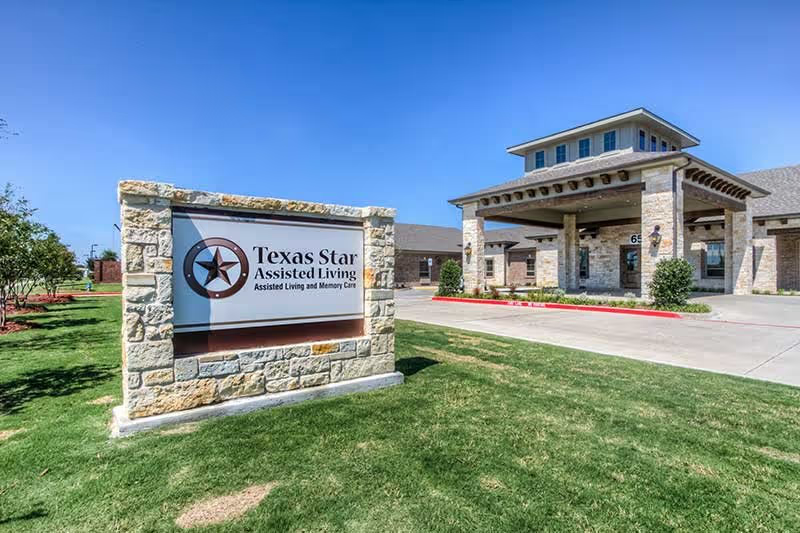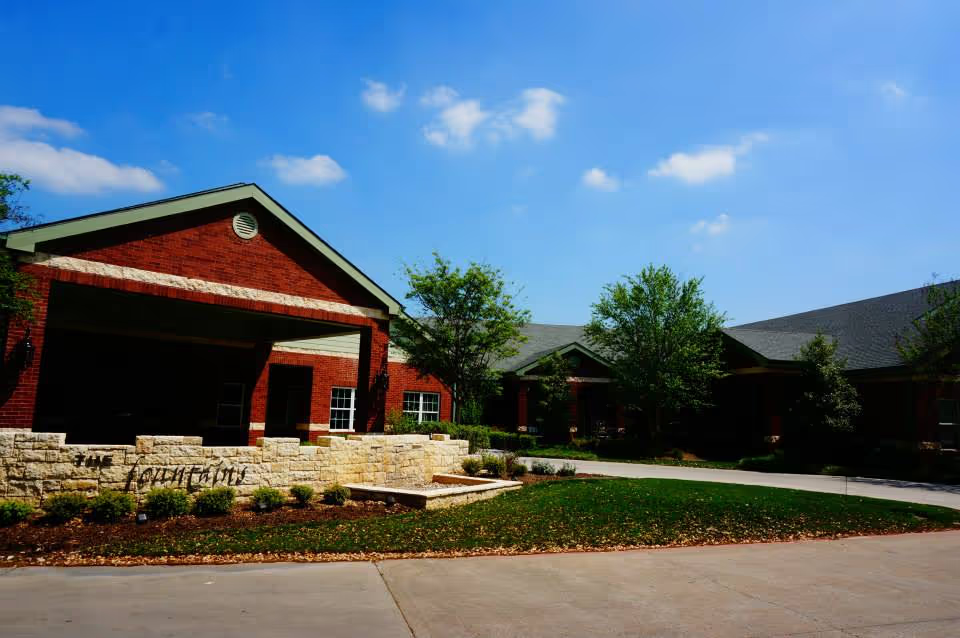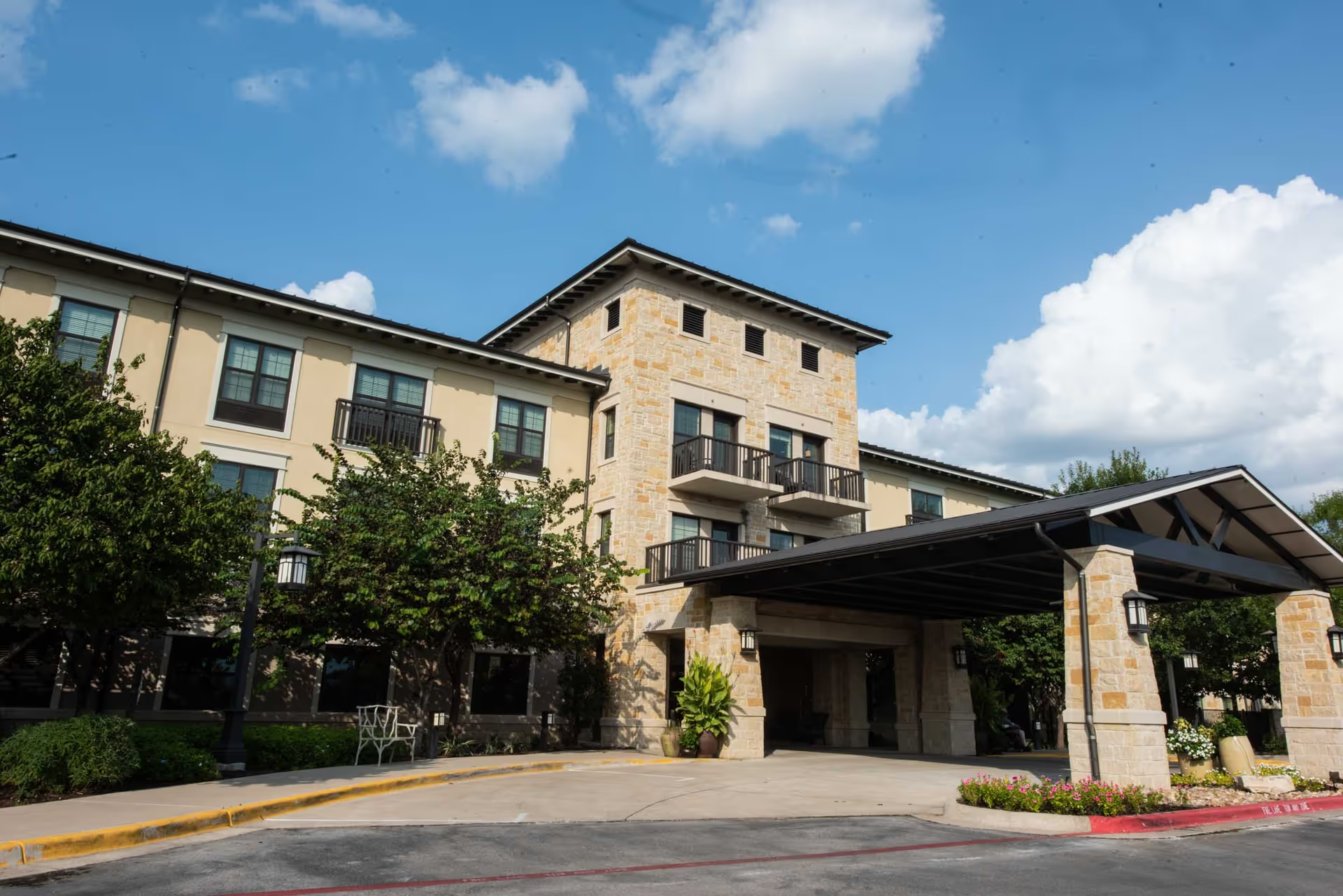Overall impression: The reviews for Northwest Nursing Center are strongly polarized but lean toward a generally positive overall impression with a substantial base of caregivers and families reporting high-quality, attentive, and professional care. Many reviewers repeatedly praise the facility for being very clean, homelike, and well-run, with a friendly and helpful staff that goes the extra mile. Several families explicitly say they would recommend the facility, refer friends, or regret having left — language that indicates strong satisfaction for a large portion of residents and families. At the same time, a smaller but very significant set of reviews raises serious safety, medication, theft, and neglect concerns that contrast sharply with the more positive accounts.
Staff, culture, and management: The most commonly cited positive theme is the caring and friendly demeanour of staff across roles (nursing, management, activities). Specific praise is given to management and individuals (one reviewer named 'Don') for being knowledgeable and offering multiple solutions. Multiple reviews describe a family-like atmosphere and attentive engagement from an activities director and nursing staff. Conversely, a recurring negative thread identifies staff described as rude, disrespectful, mean, or uncaring; several reviewers said staff lied to families or to regulatory authorities, and some allege that family contact was restricted. This suggests variability in staff behaviour — many staff appear to provide compassionate care, while some interactions have been experienced as hostile or dismissive.
Clinical quality and safety: Many reviewers call the clinical care ‘top tier’ or ‘excellent,’ noting improved clinical outcomes, thoughtful nursing, and strong rehab/skilled nursing capability in some cases. However, the negative reviews include severe clinical allegations: reports of residents being dosed with sleeping medications, a death attributed to UTI and respiratory failure, and a lack of appropriate cleaning or turning of patients (e.g., patients left wet). There are also reports of inadequate rehab and instances when patients were not checked on or changed. These are high-severity issues and create a measurable risk signal that contrasts with accounts of very good clinical care. The pattern implies inconsistent clinical practice or uneven oversight across units or shifts rather than uniformly poor or uniformly excellent care.
Safety, security, and incident reporting: Several reviews allege theft of phones and money and mention a 'bed incident' without detail; others claim dishonesty to state oversight (DHS). These allegations raise concerns about security, property control, documentation, and transparency. Such reports were not the majority, but because they involve personal safety and legal/ethical issues, they are notable and would warrant specific inquiry by prospective families and regulators.
Facilities, cleanliness, activities, and dining: Facility-related comments are predominantly positive — reviewers frequently describe the center as very clean, well-maintained, warm, and homelike. A minority note an odor in a hallway during resident changes, indicating an intermittent environmental issue rather than a persistent lack of cleanliness. The activities program receives praise (activities director, family-like involvement), and dining is described positively in multiple reviews (some call the food 'amazing'). These non-clinical strengths contribute strongly to residents' quality of life for many families.
Patterns, variability, and timeline: A key theme across the reviews is variability. Multiple reviewers signal that care and culture have improved over time (“best it has ever been,” improving clinical outcomes), while others recount more recent negative experiences. The existence of both glowing endorsements and serious complaints suggests variability by shift, unit, specific staff members, or over different time periods. The coexistence of high praise for cleanliness, food, and specific staff members with allegations of neglect, theft, and medication problems indicates that experiences can differ substantially between residents.
Balanced takeaway: Northwest Nursing Center appears to offer many strengths — a clean, homelike facility with caring, professional staff, strong activities and dining, and many families who would recommend it. However, a smaller but consequential set of reviews reports very serious issues: alleged medication mismanagement, neglect, theft, restricted family access, and even a reported death linked to clinical conditions. These contrasting reports make the overall picture mixed: strong positives are tempered by high-severity negative allegations. Prospective residents and families should weigh both sides, seek specific, up-to-date information from the facility (medication policies, staffing ratios, incident reporting procedures, security measures, and references), and monitor care closely after admission.
Suggested focus areas for families and evaluators (based on review patterns): ask about medication administration and auditing procedures, clarify how personal belongings and finances are secured and tracked, request information on staffing levels and staff training/retention, review infection-control and incontinence/turning protocols, and inquire how the facility handles family communication and complaints. Given the polarization of experiences, these targeted questions can help identify whether the strengths most frequently praised by families apply to a particular unit or shift and whether the facility has addressed the more serious concerns raised by other reviewers.







